
The B2B platform for the best purchasing descision. Identify and compare relevant B2B manufacturers, suppliers and retailers
Close
Filter
Result configuration
Continents
Select continent
Locations
Result types
Company type
Select company type
Industries
Select industry
Company status
Select company status preset
Number of employees
Min.
Max.
Founding year
autein
Gondomar, Spain
A
1-10 Employees
-
Key takeaway
Autein Automatización offers innovative automation solutions and services for various sectors in the industry, including SCADA and PLC programming.
Reference
Core business
Autein – Automatización industrial
MtePack
Barberà del Vallès, Spain
A
11-50 Employees
2010
Key takeaway
mtePACK S.L. specializes in industrial automation, offering comprehensive services that include the development, design, and maintenance of automation equipment. They provide programming services for various PLCs and touch screens, ensuring tailored solutions for clients' industrial applications.
Reference
Service
Industrial Automation – mtePACK
automation-mag.com
Madrid, Spain
A
1-10 Employees
-
Key takeaway
The company, Automation Mag, serves as a key resource for engineers, providing insights into the latest developments in automation and robotics. Notably, it features case studies and product highlights, including solutions for customized automation testing and advanced machine vision systems.
Reference
Core business
Automation Mag | News
Automation is the ultimate source for automation engineers: industry 4.0, IA, motors, sensors, controls, software…
Looking for more accurate results?
Find the right companies for free by entering your custom query!
25M+ companies
250M+ products
Free to use
Automatizalo.com
Badalona, Spain
A
1-10 Employees
2018
Key takeaway
Automatizalo specializes in industrial process automation, providing a wide range of electrical equipment and low-voltage control panel manufacturing.
Reference
Core business
Automatízalo.com | Gensel, C.A.
AutomationFair
Barcelona, Spain
A
1-10 Employees
-
Key takeaway
Beckhoff's ATRO (Automation Technology for Robotics) is a modular industrial robot system that highlights the company's focus on advancing automation equipment in response to evolving work environments and societal needs. The system's design and the trends showcased at events like automatica underscore the growing importance of robotics in industrial automation.
Reference
Core business
Industrial automation and robotics news - automation fair
News of products and trade fairs specialized in industrial automation, robotics and industry 4.0. Training in PLC, Motion Control and Robots
Conter
Barcelona, Spain
A
1-10 Employees
1997
Key takeaway
Conter specializes in the manufacture of robotic systems and control equipment for the automotive sector, employing innovative technologies such as artificial vision to enhance the reliability of industrial processes. Their expertise allows for the effective verification of electronic components, ensuring high standards in automation equipment.
Reference
Core business
Industrial Automation – CONTER

Daycom 2000
Madrid, Spain
A
1-10 Employees
2002
Key takeaway
The company specializes in high-performance products for automatic data capture and industrial automation, including the design and manufacturing of automated systems, industrial sensors, and electromagnetic components.
Reference
Product
Automation - Daycom 2000, S.L.
Complemento al diseño e instalación de los sistemas de gestión de automatismos: detectores inductivos, de presencia, fotocélulas y sensores en general.
TAIB automation
Arganda del Rey, Spain
A
11-50 Employees
2015
Key takeaway
TAIB Automation is an engineering and services company that specializes in providing comprehensive solutions, including design, development, and implementation of automation projects. With a strong commitment to quality and customer satisfaction, they leverage years of experience to differentiate themselves in the automation equipment sector.
Reference
Service
Robots – TAIB Automation
DAGOTEC S.L.
Valdemoro, Spain
A
1-10 Employees
2017
Key takeaway
Dagotec specializes in industrial automation and control, leveraging advanced technologies to enhance efficiency and productivity in sectors like automotive, logistics, and food. With over a decade of experience, the company is well-equipped to develop innovative automation solutions that address client needs.
Reference
Service
Industrial automation – Dagotec
itsme Elektres
Girona, Spain
A
11-50 Employees
2013
Key takeaway
The company aims to enhance its market presence in the Industrial and OEM sectors in Germany by emphasizing its comprehensive service offerings in electrical and mechanical materials and applied technology, which includes a focus on industrial automation.
Reference
Product
Industrial Automation | Elektres
Technologies which have been searched by others and may be interesting for you:
A selection of suitable products and services provided by verified companies according to your search.
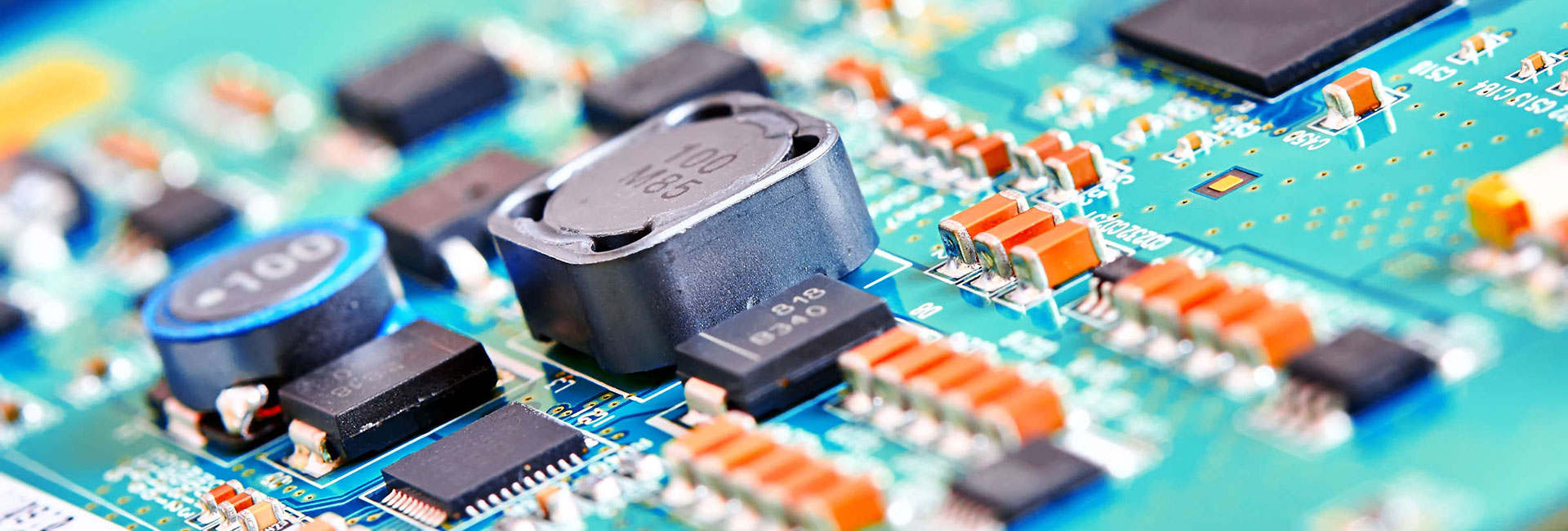
Service
Custom Electronics
Go to product
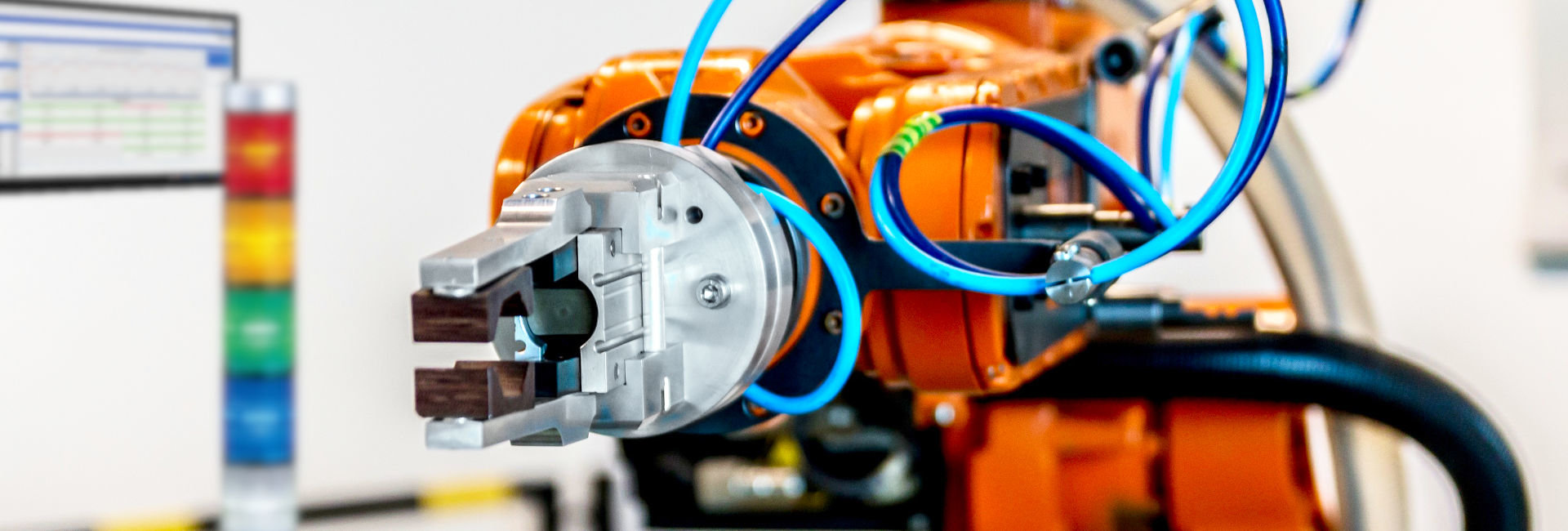
Service
https://www.adgenera.com/en/automation.html
Go to product
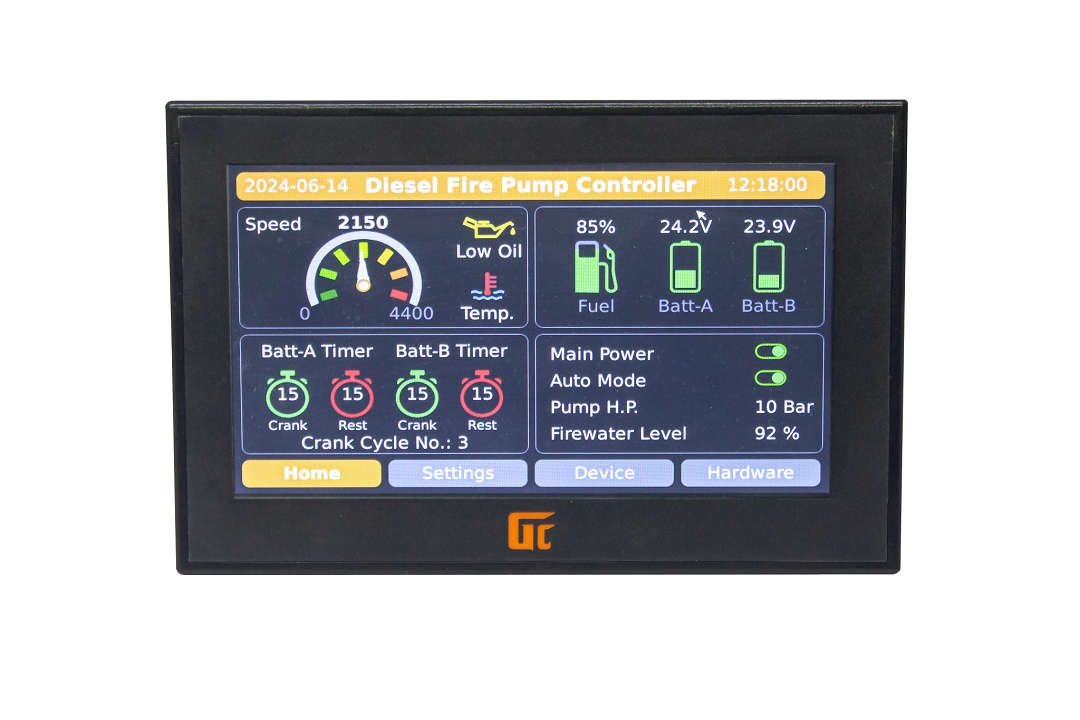
Product
Versacon 7
Go to product
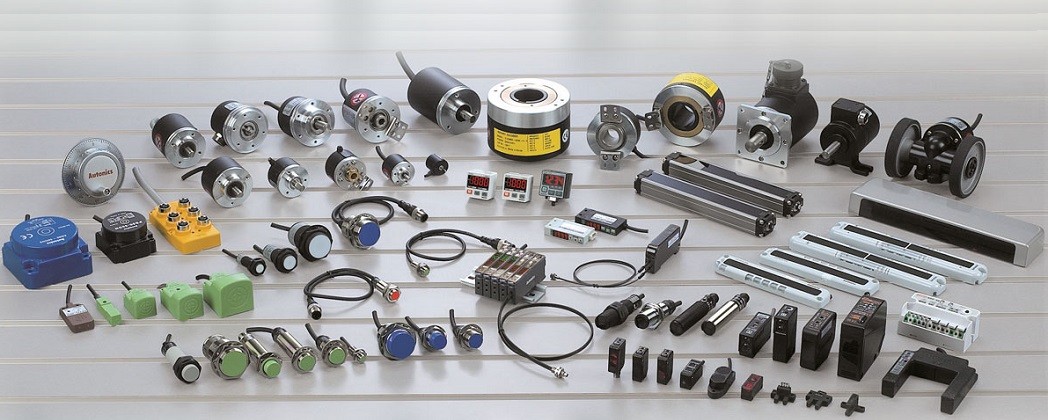
Product
Sell to Us
Go to product
A selection of suitable use cases for products or services provided by verified companies according to your search.
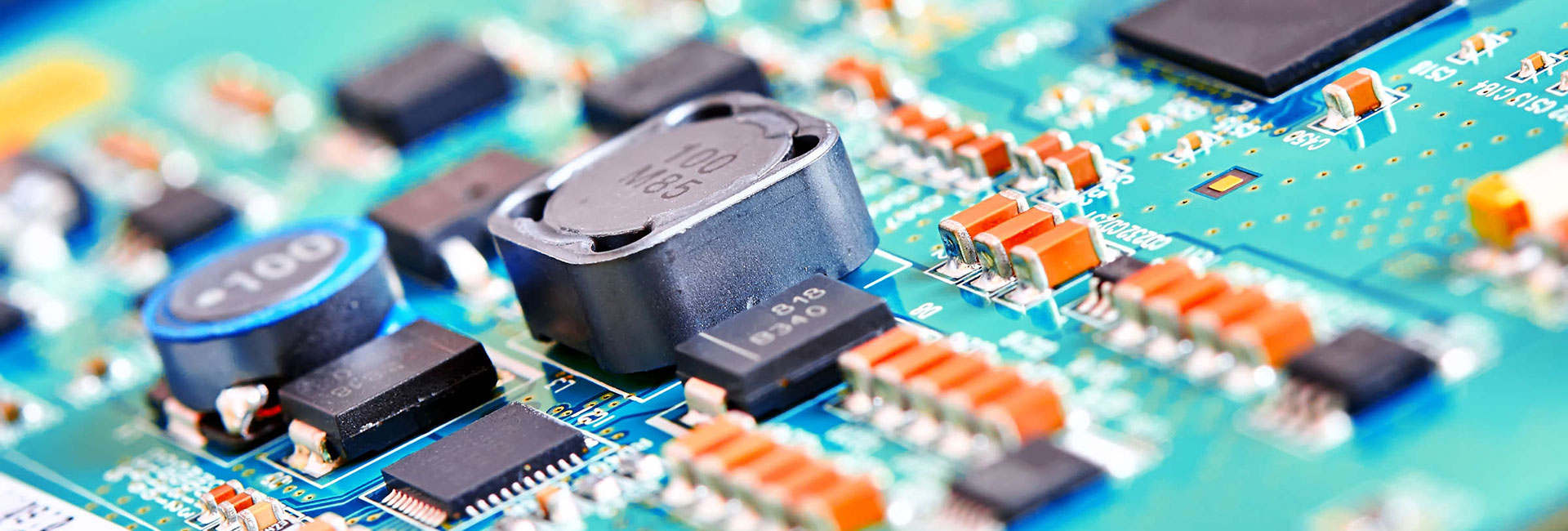
Use case
Custom Electronic Design
automotive, E-mobility, automation, industrial automation, machinery, industrial machinery, smart industry, industry 4.0
Electronic design frameworks Electronic design starts from the component layout specification. Also, it consists in the definition of interconnections and PCB technology. Finally, component selection is formalized (BOM, Bill of Material), such as the circuit schematics and the layout of PCB traces (gerber file). If the Electronc Systems is composed of multiple circuit boards, electronic design includes the description of the interconnection schemes, and the instructions for the wiring manufacturing. Adgenera develops electronic circuits tailored and suitable for any application. It selects the most valuable technology for the peculiar field of application, in order to ensure the maximum reliability. Electronic design frameworks Custom-designed electronic solutions can be found in many sectors, covering various fields of application and meeting Client needs. The most frequent requests are: design “from the scratch” miniaturization of an existing circuit board cost Reduction electronic board update, when components are no longer available engineering a prototypal board, either partially or completely working functional improvement (for example, adding a wireless interface) performance improvement (for example, power consumption reduction) Other elements increase the complexity of the electronic design: legacy firmware for the previous version of board need for a custom / legacy interface to other electronic existing systems availability of the components on the market within a certain amount of time project constraints due to standards or certifications The steps of the Electronic Design Electronic design aims to respond to the request of designing and producing electronic circuit boards. First, the customer is interviewed on the characteristics of the electronic system to be designed.. The customer is actively involved to identify the best design choices. This preliminary phase leads to the correct identification of development times and costs, allowing the customer to verify the compliance with his needs and to create a preliminary project planning. Now the electronic scheme can be designed. Specific skills of our designers are applied to correctly select and size the components. Once the scheme has been designed, the electronic components available on the market are selected. Then, they will be soldered to the electronic board during its production phase. We select the most suitable package of components depending on the layout, the space available and the type of application. This design phase leads a draft of the BOM (Bills of Materials) necessary to supply and solder the right components. The electronic components chosen are placed on the board surface. Their positions strictly match design constraints principles to guarantee the correct functioning of the electronic system. Usually several alternative arrangements are evaluated. Finally, the chosen one is the one that leads to the best result once the electronic card is produced. Once the components are finally placed in the board, it is necessary to draw the connections (tracks) that appropriately connect the pins of the components themselves. The tracks design needs to follow many rules and best practices: although there are infinite ways to connect the chosen components, only a few solutions guarantee a good quality card. The preliminary electronic design project is ready: the first board samples are created to check the functionality and performance of the designed electronic system in the laboratory. During the tests, the laboratory instrumentation verifies that each quantity measurable on the card corresponds to the value theoretically calculated during the electronic scheme design.

Use case
Custom Electronic Design
automotive, E-mobility, automation, industrial automation, machinery, industrial machinery, smart industry, industry 4.0
Electronic design frameworks Electronic design starts from the component layout specification. Also, it consists in the definition of interconnections and PCB technology. Finally, component selection is formalized (BOM, Bill of Material), such as the circuit schematics and the layout of PCB traces (gerber file). If the Electronc Systems is composed of multiple circuit boards, electronic design includes the description of the interconnection schemes, and the instructions for the wiring manufacturing. Adgenera develops electronic circuits tailored and suitable for any application. It selects the most valuable technology for the peculiar field of application, in order to ensure the maximum reliability. Electronic design frameworks Custom-designed electronic solutions can be found in many sectors, covering various fields of application and meeting Client needs. The most frequent requests are: design “from the scratch” miniaturization of an existing circuit board cost Reduction electronic board update, when components are no longer available engineering a prototypal board, either partially or completely working functional improvement (for example, adding a wireless interface) performance improvement (for example, power consumption reduction) Other elements increase the complexity of the electronic design: legacy firmware for the previous version of board need for a custom / legacy interface to other electronic existing systems availability of the components on the market within a certain amount of time project constraints due to standards or certifications The steps of the Electronic Design Electronic design aims to respond to the request of designing and producing electronic circuit boards. First, the customer is interviewed on the characteristics of the electronic system to be designed.. The customer is actively involved to identify the best design choices. This preliminary phase leads to the correct identification of development times and costs, allowing the customer to verify the compliance with his needs and to create a preliminary project planning. Now the electronic scheme can be designed. Specific skills of our designers are applied to correctly select and size the components. Once the scheme has been designed, the electronic components available on the market are selected. Then, they will be soldered to the electronic board during its production phase. We select the most suitable package of components depending on the layout, the space available and the type of application. This design phase leads a draft of the BOM (Bills of Materials) necessary to supply and solder the right components. The electronic components chosen are placed on the board surface. Their positions strictly match design constraints principles to guarantee the correct functioning of the electronic system. Usually several alternative arrangements are evaluated. Finally, the chosen one is the one that leads to the best result once the electronic card is produced. Once the components are finally placed in the board, it is necessary to draw the connections (tracks) that appropriately connect the pins of the components themselves. The tracks design needs to follow many rules and best practices: although there are infinite ways to connect the chosen components, only a few solutions guarantee a good quality card. The preliminary electronic design project is ready: the first board samples are created to check the functionality and performance of the designed electronic system in the laboratory. During the tests, the laboratory instrumentation verifies that each quantity measurable on the card corresponds to the value theoretically calculated during the electronic scheme design.
The Automation Equipment industry in Spain presents several key considerations for potential investors and companies. One crucial factor is the regulatory environment, as Spain, being part of the European Union, adheres to stringent standards on safety and environmental impact. Companies must be compliant with EU regulations regarding machinery safety, energy efficiency, and waste management. Challenges include navigating a competitive landscape with established players and the need to adapt to rapid technological advancements. However, opportunities abound, particularly in sectors like manufacturing, logistics, and agriculture, where automation can enhance productivity and reduce costs. The push for digital transformation across industries further drives demand for innovative automation solutions. Environmental concerns are increasingly significant, with a focus on sustainable practices and green technology. Companies are encouraged to invest in energy-efficient equipment and processes to align with global sustainability goals. Additionally, the global market relevance of Spain as a hub for automation is growing, given its strategic location within Europe and its robust infrastructure. Collaborations with research institutions and participation in EU-funded projects can facilitate innovation and market entry. Understanding these dynamics is essential for anyone looking to engage with the automation equipment sector in Spain effectively.
Some interesting numbers and facts about your company results for Automation Equipment
| Country with most fitting companies | Spain |
| Amount of fitting manufacturers | 202 |
| Amount of suitable service providers | 133 |
| Average amount of employees | 1-10 |
| Oldest suiting company | 1997 |
| Youngest suiting company | 2018 |
Some interesting questions that has been asked about the results you have just received for Automation Equipment
What are related technologies to Automation Equipment?
Based on our calculations related technologies to Automation Equipment are Education, Engineering Services, IT & Technology Services, Healthcare Services, Consulting
Which industries are mostly working on Automation Equipment?
The most represented industries which are working in Automation Equipment are Manufacturing, Automation, IT, Software and Services, Other, Machinery Manufacturing
How does ensun find these Automation Equipment Manufacturers?
ensun uses an advanced search and ranking system capable of sifting through millions of companies and hundreds of millions of products and services to identify suitable matches. This is achieved by leveraging cutting-edge technologies, including Artificial Intelligence.